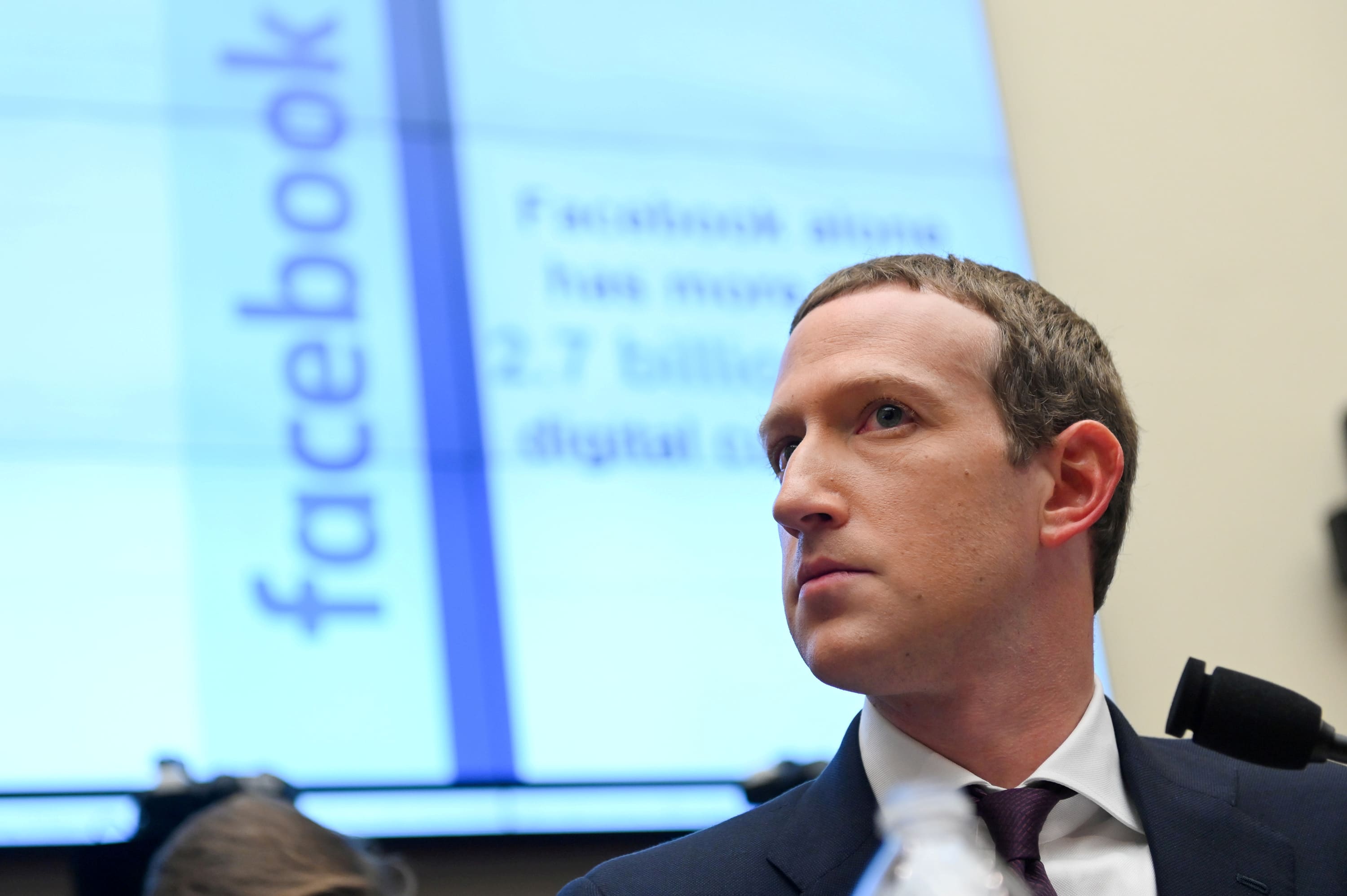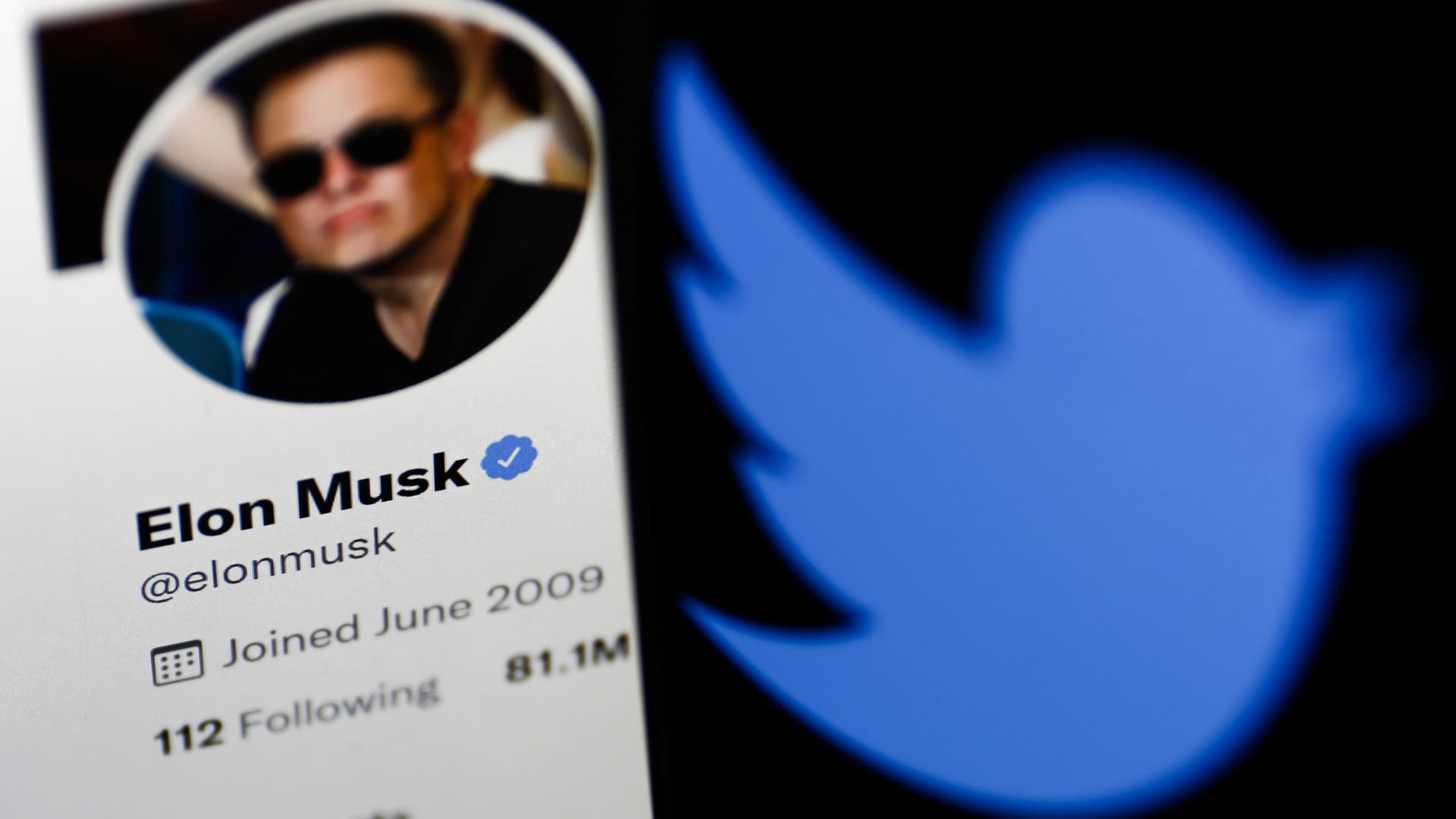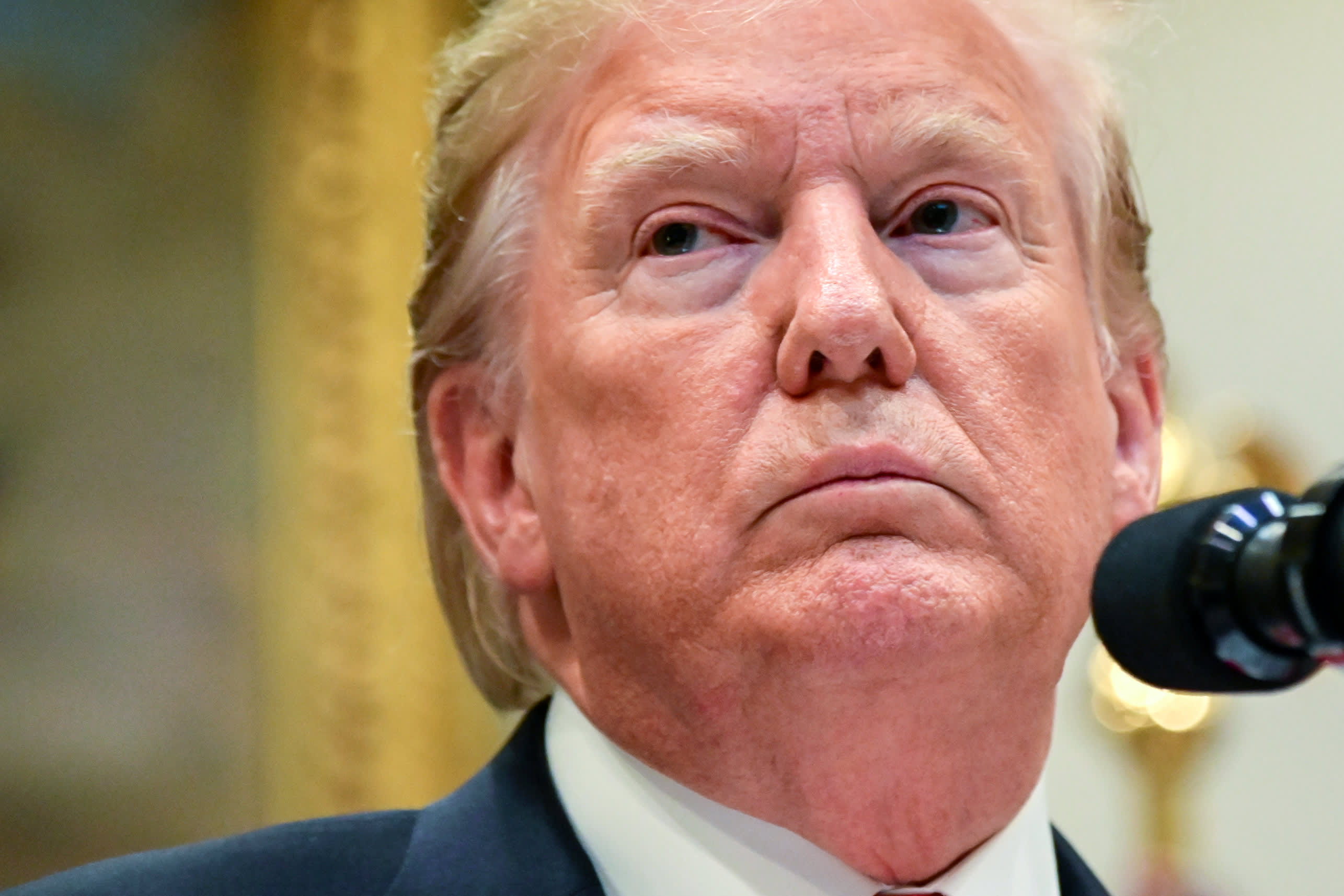Facebook blocked charity and state health pages in Australia news ban
Facebook banned a large swathe of non-news pages in Australia in its attempt to remove news content from its platform.

Facebook Chairman and CEO Mark Zuckerberg.
Erin Scott | Reuters
Facebook banned a large swathe of non-news pages in Australia in its attempt to remove news content from its platform.
The bans were made by Facebook in response to a drafted new media law in the country that will require online platforms like Google and Facebook to pay news outlets for displaying and linking to their content.
Dozens of Facebook pages belonging to charities, small businesses, public services and governments were all removed, raising concerns that people could miss out on vital information.
Save the Children Australia, the Hobart Women's Shelter, and the Kids Cancer Project had their pages pulled from the platform, as did Brisbane City Council, South Australia Health and the Bureau of Meteorology. By the evening local time on Thursday, some of these pages had already been restored.
In a move that has caused some amusement, Facebook also blocked its own page in Australia.
Facebook said Wednesday that it was going to restrict publishers and Australian users from sharing and viewing news content in response to Australia's "new media code."
A Facebook spokesperson told CNBC that the company will reverse some of the bans.
"The actions we're taking are focused on restricting publishers and people in Australia from sharing or viewing Australian and international news content," a company spokesperson said.
"As the law does not provide clear guidance on the definition of news content, we have taken a broad definition in order to respect the law as drafted. However, we will reverse any pages that are inadvertently impacted."
Concerns have been raised that misinformation will spread on the platform by bloggers and conspiracy theorists now that legitimate news sources have been removed.
Australian Prime Minister Scott Morrison said Facebook's actions were "as arrogant as they were disappointing."
Australian Treasurer Josh Frydenberg said at a media briefing on Thursday that Facebook was "wrong" to move in the way it has. "Facebook's actions were unnecessary," he said. "They were heavy handed and they will damage its reputation here in Australia."
"Their decision to block Australians' access to government sites — be they about support through the pandemic, mental health, emergency services, the Bureau of Meteorology — were completely unrelated to the media code, which is yet to pass through the Senate," added Frydenberg.
Facebook's decision to ban news stories from its service in Australia comes in stark contrast to Google, which struck a revenue-sharing agreement with News Corp. in accordance with the new law.
Media analyst Martin Garner, chief operations officer at CCS Insight, said Australia's proposal is a good example of how the wishes of big web companies are increasingly being pitted against those of national governments.
"It is hard to predict the outcome in any specific country, but it is clear that governments will see it as their sovereign right to make decisions about the laws they pass," he said. "Australia's move will be watched keenly by countries around the world. In making decisions about regulating major web players, governments have to balance their policies against the possibility that the companies could ultimately pull out of that country. But pulling out would be a bad outcome for both sides: if Facebook blocks news in Australia, it will also reflect badly on Facebook."
"We are at a point in history where the huge web players should be fully and constructively engaged with governments around the world," Garner added. "The fact that relationships between some of the web players and governments are currently getting worse, with increasing antagonism, is a costly failure."

 UsenB
UsenB 





























